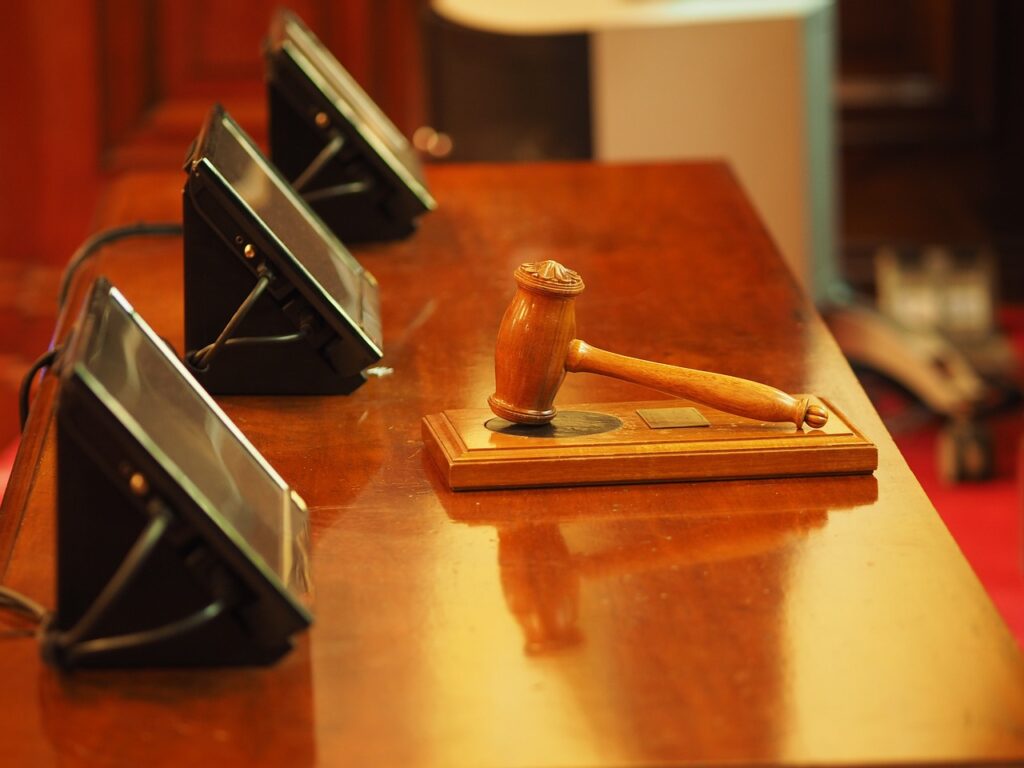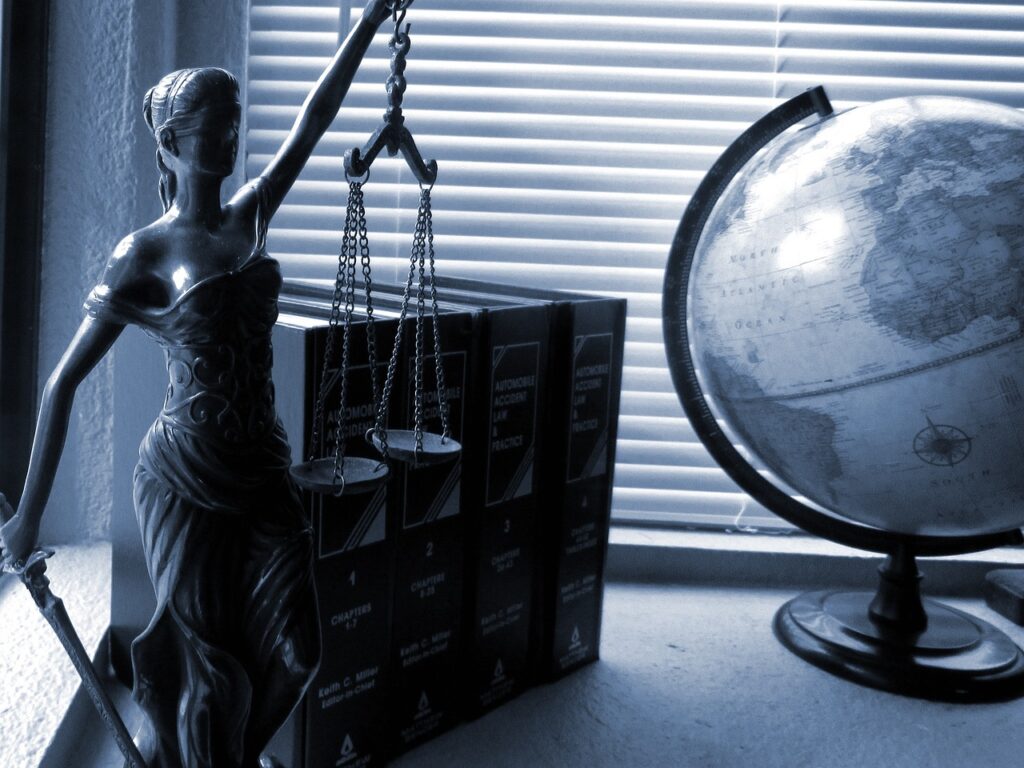Copyright law is a complex and confusing topic. When using other people’s copyrighted material, it can be difficult to know what is allowed and what is not. In this blog post, we will provide 10 tips that will help you stay compliant with copyright law. These tips will help keep you out of trouble and protect you from lawsuits. For more information, read the john mayer 2006 tour and other concerts to ensure you get the best experience as an artist.
Be Aware of Material in the Public Domain
 One of the most important things to remember when using copyrighted material is that it can only be used in the public domain. Public domain materials have fallen out of copyright protection, meaning they are no longer restricted by copyright law and can be freely used without permission or restriction.
One of the most important things to remember when using copyrighted material is that it can only be used in the public domain. Public domain materials have fallen out of copyright protection, meaning they are no longer restricted by copyright law and can be freely used without permission or restriction.
It’s important always to ensure you know what material is available in the public domain and what isn’t. Using protected material without permission or license can result in a copyright infringement lawsuit.
Obtain Authorization From the Copyright Holder
If you want to use copyrighted material not in the public domain, it’s important always to obtain authorization from the appropriate copyright holder. This will usually require you to submit a written request, often a letter or email. Make sure you identify the material you want to use, state how you want to use it, and explain why you must use it. You will also need to provide contact information so the copyright holder can respond and authorize your request.
Use Appropriate Copyright Notices
When using copyrighted material, it is essential always to use the appropriate copyright notices. These labels indicate which parts of a work are protected by copyright and who holds the rights over them. It’s vital to ensure all copyright notices are accurate and up-to-date, as using outdated or incorrect messages can lead to copyright infringement claims.
Avoid Using Material Marked “All Rights Reserved”
Another important tip is to avoid using material marked as “all rights reserved.” This means that all rights over the material are reserved for the copyright holder, and it cannot be used without their permission. Using this type of material without authorization can result in a copyright infringement lawsuit, so it’s important to always double-check before using any material. Copyright law can be complicated, but it is vital to ensure that you comply with applicable laws. By following these tips, you can protect yourself from potential lawsuits and make sure your use of copyrighted material is lawful. Always double-check before using any material, and always obtain authorization from the appropriate copyright holder before using any protected material.…




